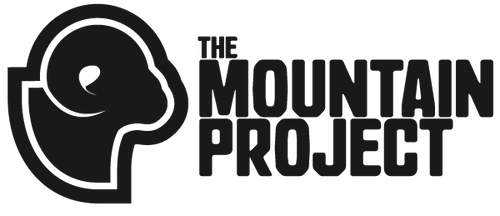I grew up in a small town in eastern Arizona where hunting was a way of life… a rite of passage amongst friends, family, and a rural community with a deep connection to the land and animals around it. I was a young teen when I first saw an animal die, it was a cow elk that my dad shot on a late elk hunt. As soon as the smoke and sound settled, I sprinted the few hundred yards to where the elk lay. As I approached, I realized that the cow was still dying. And I sat there and watched life leave this beautiful animal. It tore me up inside.
As a hunter, I have a complicated relationship with life and death. I don’t live to kill. I’m not full of a thirst for blood. I don’t take joy in an animal’s death. And putting antlers on the wall is one of the smallest motivations to hunt. But it is something that I do. It’s a huge part of who I am. Joseph Campbell astutely wrote that “Life eats life.” Only organisms that have found a way to get energy directly from the sun are exempted from this reality. Hunting is a way to be intimately connected to the cycle of life.
There’s a stereotype out there that hunters are a bunch of uneducated rednecks and hillbillies who thirst for blood. For most hunters, that could not be further from the truth. As hunters, we tend to care more about wild animals than the antis can understand. The average hunter appreciates them and the wild places they inhabit more than 99% of the anti-activists. We learn more about them, their habitat, and the challenges they face to stay alive in a brutal world. A world that modern humans have largely exempted themselves from. Our affinity for animals runs deep and becomes a part of our human identity. Whether hunting or not, we go out to watch them because we love to see them, observe them, and be near them. Our actual days behind a rifle or with a bow in hand are very few compared to the days we spend just watching them. And that’s the irony that the anti’s don’t get. They’re so concerned with dictating what other people should and shouldn’t do that they entirely miss the point of what hunting is and who we are.
Recently, a lot has been said about the value of hunting to feed our families. And that’s good and true (and something that even the most urban hipsters are cluing in on). But it’s more than just collecting protein. It’s a reason to be in wild places. It’s a way to see things that most of the human population will never see or experience… like how the setting sun shines on a cactus needle or the value of what little shade a mesquite tree can provide against the noon-day sun. Hunting is a reason to climb mountains and stray off improved trails and national parks. Do you have to hunt to have those experiences? Of course not. But how many people who don’t hunt have? How many people who don’t hunt have felt the excitement of a bull elk screaming at them from 7 yards away? Or have seen the intricate dance between a buck and a doe during the rut? How many antis can tell you how the breeding season perfectly corresponds to the time of year that gives newly dropped lambs their best chance for survival? Or how the amount of available light in the day controls that breeding cycle? How many of them are in the woods and willing to help a buck with locked horns during the rut when its opponent dies? As a percentage, it is miniscule. They're far more in their element sitting behind a computer in the middle of a city, lobbing insults and threats at those of us who get out and become a part of it. They learn about wildlife from the anthropomorphized films made by the BBC, Discovery, National Geographic, and even Disney.
So when I see the antis spew their venom against hunters on social media, I’m more saddened than angry. And rarely have I ever fought back. Putting your fist through the brick wall of their ignorance is hard. But we should be circumspect in how we present our sport to the outside world and police ourselves and our actions in the media to some degree. If only to show that there’s far more love for the life of our quarry than there is joy in its death.
